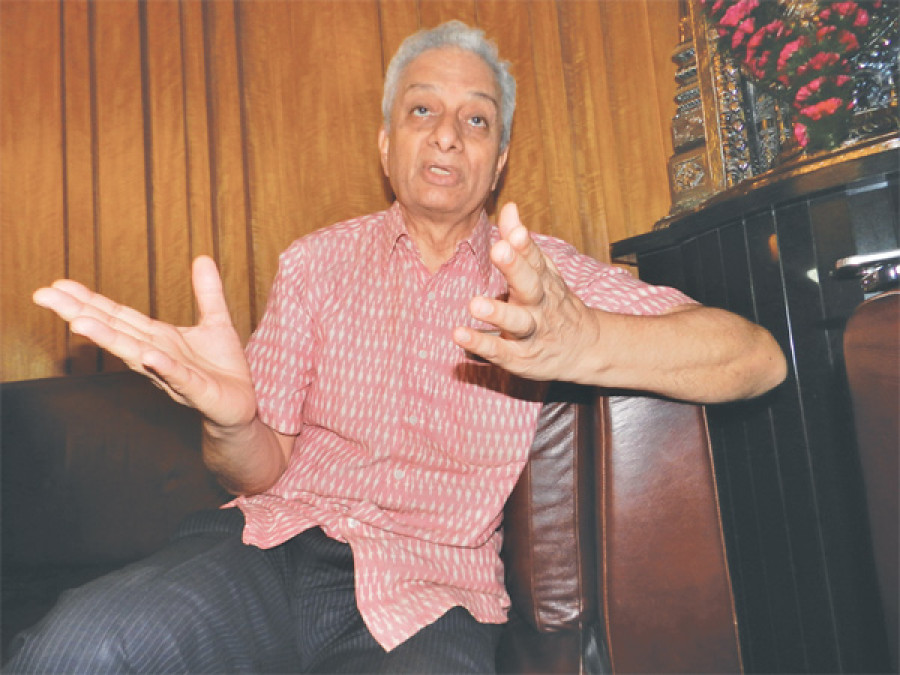Miscellaneous
Nepal’s tension should be resolved through talks: Rajan
Former Indian ambassador to Nepal KV Rajan has said that the current tension in Nepal over the new constitution has crossed a line and it should be resolved through dialogue
Devendra Bhattarai
Former Indian ambassador to Nepal KV Rajan has said that the current tension in Nepal over the new constitution has crossed a line and it should be resolved through dialogue and charter amendment at the earliest.
Rajan said the Nepali people should not doubt India’s goodwill and intentions, while India should respect the Nepali people’s long wait for a constitution drafted by their representatives.
Talking to the Post on Sunday, Rajan said the rigid positions on both sides of the dispute would not help resolve the ongoing crisis. He added that the major parties in Nepal, the disgruntled Madhesi/Tharu groups, and India must take a path of dialogue considering long-term stability, peace and sovereignty of Nepal.
“To me, Nepali political parties seem a bit inflexible,” said Rajan, who served as India’s ambassador to Nepal from 1995-2000. He noted that the constitution is a legal document endorsed by more than two-thirds majority in the Constituent Assembly. “As Bijaya Gachhadar has said, there won’t be another CA. The point is that there needs to be reflection and dialogue on the decisions that have already been made and an agreement needs to be reached.”
Rajan said the Indian perception was that Nepal rushed through the new constitution. India is concerned at the delay in addressing the demands of the disgruntled parties, he said, warning that the situation might worsen further if the concerns raised by the agitating parties were not addressed immediately.
“As you must have noticed that the energy invested by Indian Prime Minister Narendra Modi in favour of Nepal and its stability is genuinely out of his commitment and honesty, which is why India was shocked to see the failure in reaching a widest possible agreement on the new constitution.” Asked if India has the moral ground to advise Nepal when it was struggling to cope with its own problems including the situation in Kashmir and other states 60 years after enacting a constitution, the retired diplomat admitted that India does not have the right to give advice or judgment to others while it has its own unresolved issues.
“But we have learnt our lessons that we should have addressed these voices in the beginning itself,” said Rajan. “It is just our goodwill that our neighbour Nepal does not repeat the mistakes we made.”




 9.12°C Kathmandu
9.12°C Kathmandu










